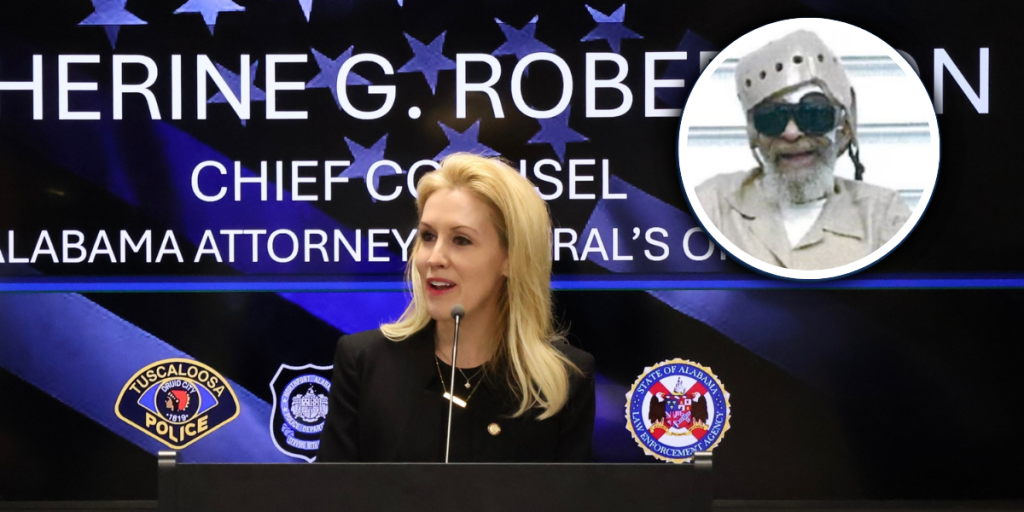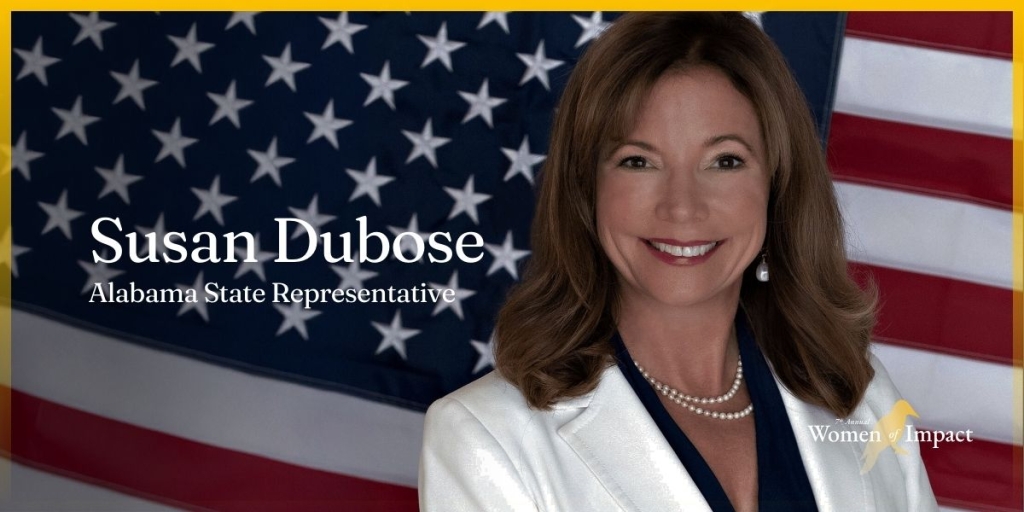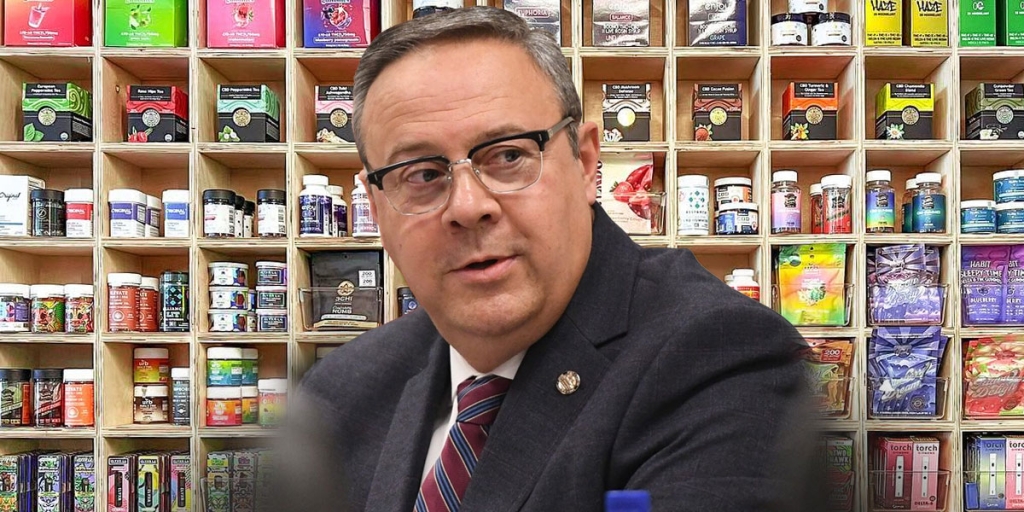 BIRMINGHAM, Ala. — ObamaCare premiums are set to rise again in Alabama. In 2016 the average premium price will increase by 12.6 percent, even after a 8.4 percent increase in 2015.
BIRMINGHAM, Ala. — ObamaCare premiums are set to rise again in Alabama. In 2016 the average premium price will increase by 12.6 percent, even after a 8.4 percent increase in 2015.
Plans procured through the health insurance marketplaces set up by ObamaCare are only available to those who do not receive insurance through their employer, Medicaid, or Medicare.
The rates, based on the lowest level “Silver Plan” will increase from $264 a month to $288 a month for a 30-year-old nonsmoker making $30,000 a year.
Tax credits to offset these higher premiums are available to those making between 100 percent and 400 percent of the Federal Poverty Level FPL—between $11,670-$46,680 for an individual and between $23,850-$95,400 for a family of 4 in 2015.
The average subsidy would bring the costs down to $206 a month.
But for those either above or below the thresholds, for example a dual-income household with two children where both parents are employed with start-ups or small businesses that aren’t required to offer health insurance, those subsidies are not available.
In 2010 when ObamaCare passed using reconciliation without a single Republican vote, the supposed goal of the law was to expand coverage in order to lower premiums. Supporters likened the healthcare market to a game where more people needed to get off the bench and onto the field. They argued that to lower rates for all people, everyone needed to be forced into insurance against their will to participate in a market they will have to use eventually.
The forced participation manifested as the individual mandate which requires citizens to buy insurance coverage or pay an Individual Shared Responsibility Payment (ISRP). The ISRP was infamously upheld as constitutional in the 2012 case of NFIB v. Sebelius in which Chief Justice Roberts construed the ‘penalty’ to be a ‘tax’.
Proponents said that by increasing the overall pool, insurance companies could spread out the risk and lower prices. But five years later, there is little evidence of these aspirational goals coming into fruition.
According to Dr. John Hill with the Alabama Policy Institute, there are several reasons premiums haven’t become more affordable, as detailed in a report published by Yellowhammer in the aftermath of the King v. Burwell Supreme Court case this July.
One of the reasons Blue Cross and Blue Shield of Alabama has filed plans with the Center for Medicare and Medicaid Services and the Alabama Department of Insurance to raise premiums an average of 28% for individual plans and 13.8% for small businesses in 2016 is because the number of doctor and hospital visits made by members last year–and the attendant costs for medicine and medical procedures–was much larger and more expensive than expected. Providers like Blue Cross and Blue Shield also have to continue paying ACA fees and taxes in 2016, at a cost of about $125 million per year. Because the ACA bans insurers from charging individuals on the basis of their health risks, everyone who currently pays into the system has to pay more to cover the elderly and the sick.
Dr. Hill also argues that the increasing premiums will make jobs that offer health insurance an even scarcer commodity.
As premium prices rise, full-time job openings with health benefits will become increasingly scarce. According to data from the nonpartisan Congressional Budget Office, as businesses hire fewer full-time employees and reduce the hours of hourly employees to avoid the expenses of providing health care, the pace of job creation in Alabama will slow by between 155 million and 207 million fewer job hours from 2017-2022. That’s almost $2 billion worth of paid work hours that Alabamians will lose because of the ACA.
Obama’s namesake health insurance law has already proven to be an albatross around the neck of Democratic presidential frontrunner, who, while saying she would fundamentally uphold the program, has said she would make significant changes to it.
Republican presidential candidates, however, almost universally agree the law would be “repealed and replaced” should they be elected to the nation’s highest office.
Like this article? Hate it? Follow me and let me know how you feel on Twitter!
— Elizabeth BeShears (@LizEBeesh) January 21, 2015












